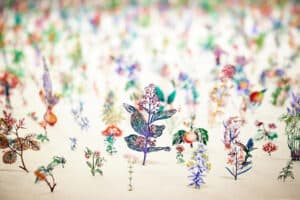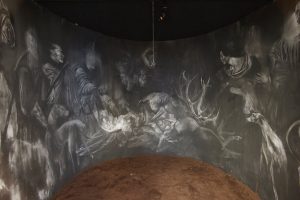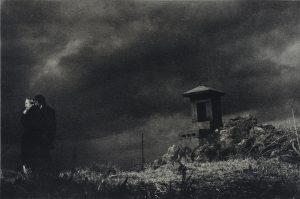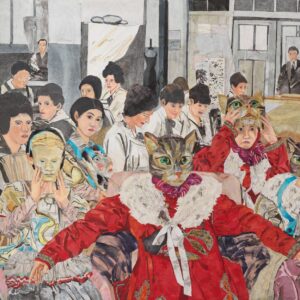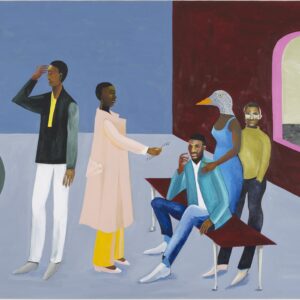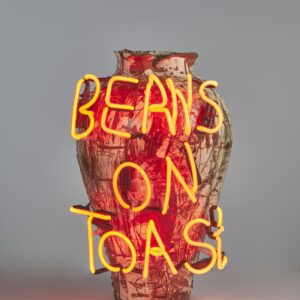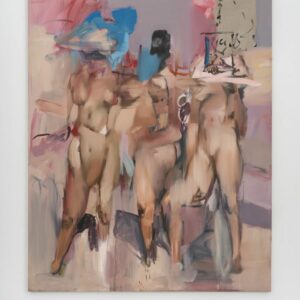Bethlem Gallery is celebrating its 20th anniversary with a group show featuring a work by its patron, the Turner Prize-winning artist Grayson Perry, along with paintings, drawings and sculptures by more than fifteen other artists the gallery has exhibited and worked with over the last two decades.
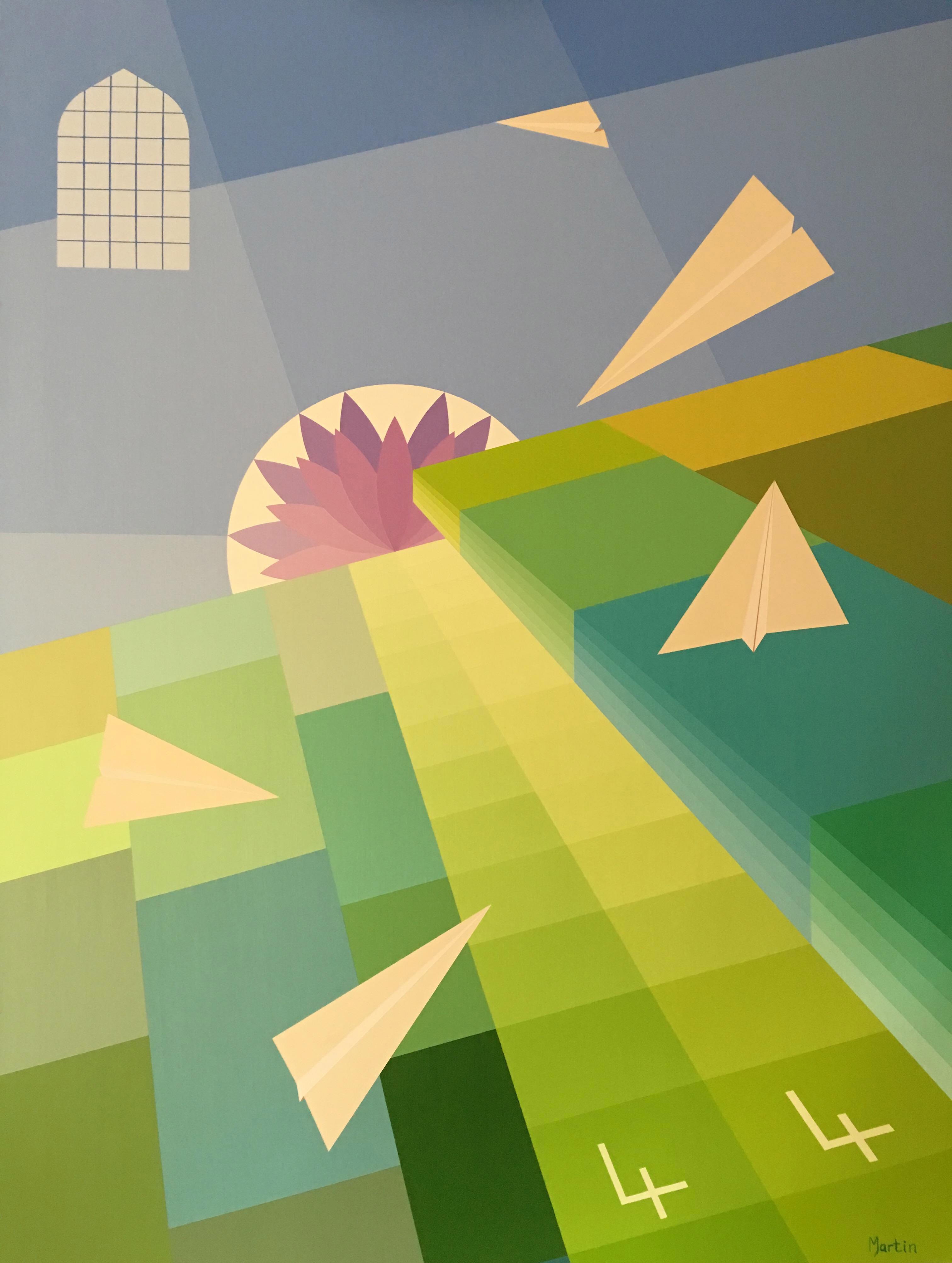
Martin Wade, Paper Aeroplanes, 2017 © the artist courtesy bethlem gallery
Bethlem Gallery was founded in 1997 to support and exhibit artists who are current or former patients of the South London and Maudsley NHS Foundation Trust.
Its anniversary presentation, entitled It’s how well you bounce, explores the concept of resilience and its relationship to the imagination and artistic practice. Our capacity to cope with adversity and in some cases, be strengthened by it, is an astounding feature of the human condition. Yet society’s expectations that we should bounce back, put up a fight and recover, could be counter-productive in how we deal with adversity.
Curated by Sam Curtis, the exhibition proposes that art-making, sometimes understood as a distraction from the stresses of life or a retreat into fantasy, might be more productively viewed as a positive and strategic response. The exhibition puts forth that creative forms of resistance, for example strategies of non-productive labour, can give rise to agency and autonomy. Working in painting, performance, printmaking, spoken word, video, and critical interventions, the artists in the exhibition adapt and transform who they are, what they do and the world around them. They resist conformity and divert negative thoughts through art and the power of individual expression.
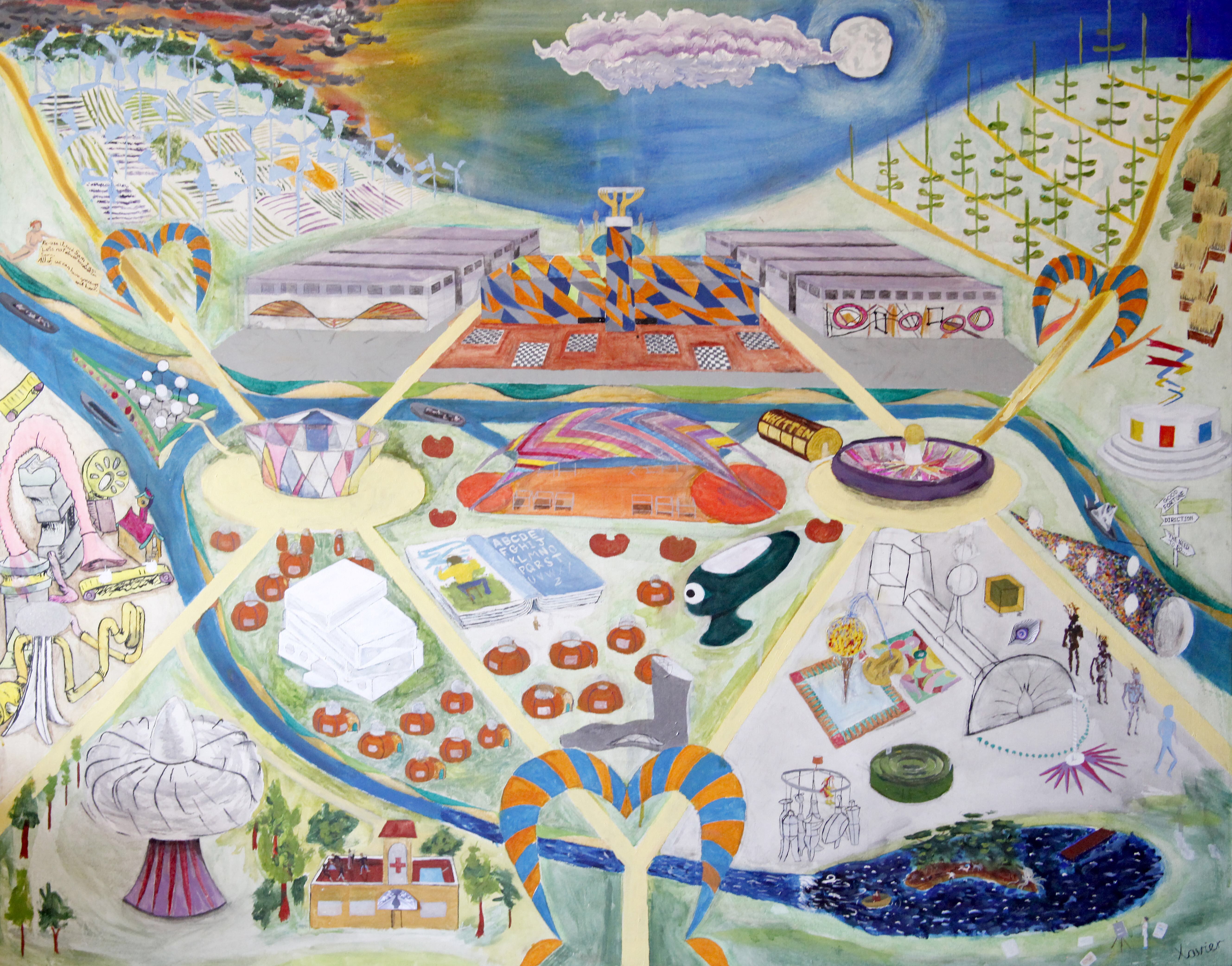
Xavier White, Cohedia A Mind Expanding Cityscape, 2003 – Ongoing © the artist courtesy bethlem gallery
Repurposing the institutional spaces around him as a studio and site for artistic enquiry, John McGill presents documentation of his creative interventions in the video Journey to Recovery (2016). Focusing on an anomalous section of lino in an otherwise clinically uniform ward corridor, the video draws attention to the usually invisible, and records the reactions of passers-by to McGill’s sculptural interventions. The work forms part of McGill’s ongoing attempts to explore and communicate the intricate complexities, contradictions and tensions felt by an individual navigating a psychiatric institution and the path to recovery. For It’s how well you bounce, McGill will also present a new video work that explores the cathartic capacity of art-making, as a process to ease pressure, to vent and to release tension.
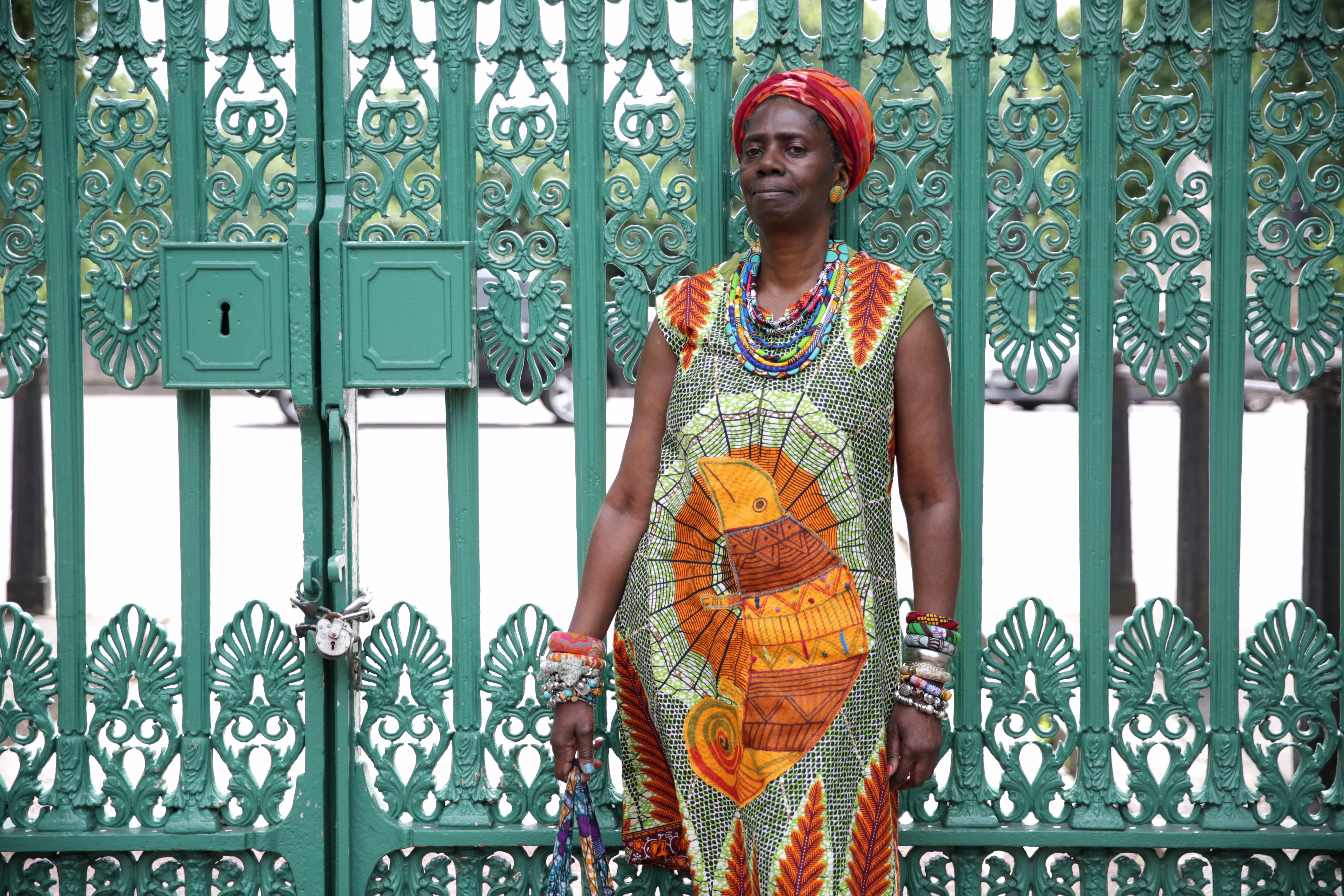
Esther Maxwell, Chameleon ability, 2017 © the artist courtesy bethlem gallery
Says Beth Elliott, Director of Bethlem Gallery:
‘The artists and their work have always been at the heart of what we do: it is their vision and talent that have engaged visitors from all over the world for 20 years. We hope to continue to make an equitable space for artists, leading change within arts, health and society.’
Artists involved:
Jan Arden, Liz Atkin, Barrington, Sarah Carpenter, Corali Dance Company, David Gilbert, Lila Palmer & Rose M. Hall, Sara Haq, Esther Maxwell-Orumbie, John Mc, Sue Morgan, Mr X, Max Reeves, Roy, Maureen Scott, Matthew, Martin Wade, Peter White, the vacuum cleaner, Xavier White, Sara Shamsavari.
It’s how well you bounce 2 September – 28 October, Bethlem Gallery,Bethlem Royal Hospital, Monks Orchard Road Beckenham BR3 3BX www.bethlemgallery.com
About Bethlem Gallery:
The Bethlem Gallery, established in 1997, is situated on the grounds of the Bethlem Royal Hospital.
The gallery provides a professional space for high-quality artwork and fosters a supportive artist-focused environment. Exhibitions and events are programmed throughout the year presenting a wide range of contemporary practice. The gallery is a platform for experimentation, collaboration, and skills exchange. It strives to develop the careers, experience and expertise of the gallery artists by creating opportunities for professional development. The successful artist-in-residence projects also work with patients and staff on site to improve people’s experience of the hospital environment.
Working with partner organisations such as the Wellcome Collection, Goldsmiths University and Southbank Centre, the gallery has put itself on the map of charitable arts institutions in London and the wider area. They campaign for access to the arts in healthcare and engage audiences in learning and debate on the subject of mental health and artistic practice.
